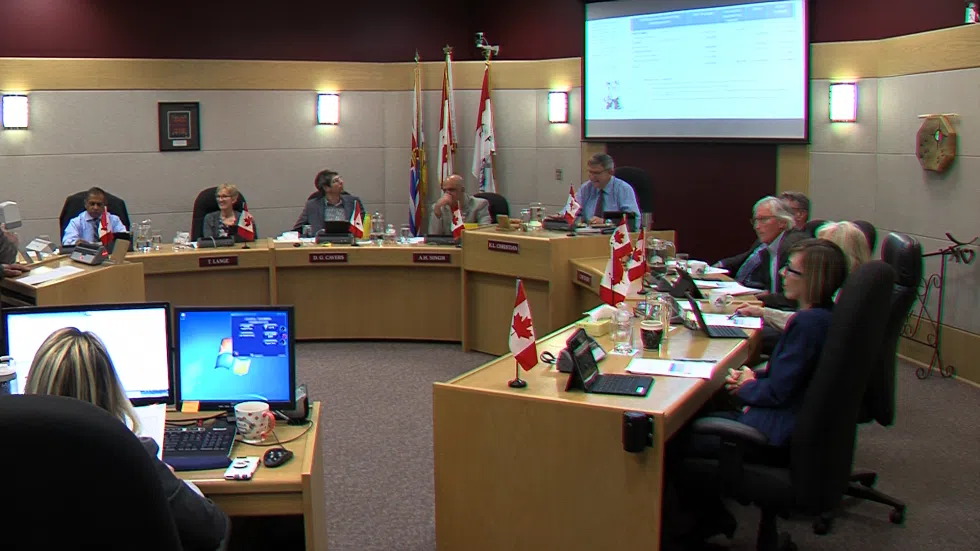
Average household to face $9 increase in utility fees in 2018
KAMLOOPS — Residents are getting a break on their utility rates for next year as a result of the city’s contract with Recycle BC.
The average household will still face a $9 increase in 2018, but with $38 coming off the utility bill thanks to $1.1 million from Recycle BC, it is the lowest increase in recent years.
“It’s really low,” said finance director Kathy Humphrey. “We haven’t historically had the decrease in recycling or garbage that we do this year, so having a $38 drop for most households in recycling is a great offset to the increase they’re having in sewer.


